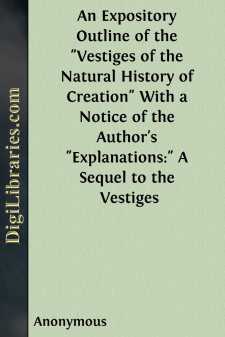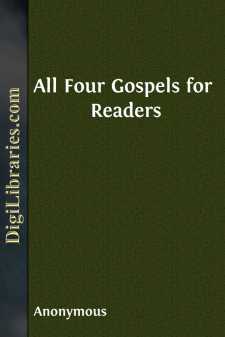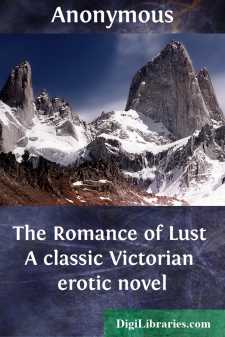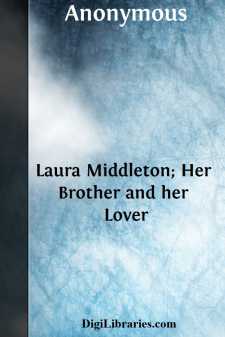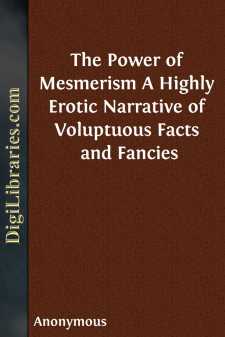Categories
- Antiques & Collectibles 13
- Architecture 36
- Art 48
- Bibles 22
- Biography & Autobiography 815
- Body, Mind & Spirit 144
- Business & Economics 28
- Children's Books 18
- Children's Fiction 14
- Computers 4
- Cooking 94
- Crafts & Hobbies 4
- Drama 346
- Education 58
- Family & Relationships 59
- Fiction 11829
- Games 19
- Gardening 17
- Health & Fitness 34
- History 1378
- House & Home 1
- Humor 147
- Juvenile Fiction 1873
- Juvenile Nonfiction 202
- Language Arts & Disciplines 89
- Law 16
- Literary Collections 686
- Literary Criticism 179
- Mathematics 13
- Medical 41
- Music 40
- Nature 179
- Non-Classifiable 1768
- Performing Arts 7
- Periodicals 1453
- Philosophy 65
- Photography 2
- Poetry 896
- Political Science 203
- Psychology 44
- Reference 154
- Religion 515
- Science 126
- Self-Help 85
- Social Science 82
- Sports & Recreation 34
- Study Aids 3
- Technology & Engineering 59
- Transportation 23
- Travel 463
- True Crime 29
Our website is made possible by displaying online advertisements to our visitors.
Please consider supporting us by disabling your ad blocker.
An Expository Outline of the "Vestiges of the Natural History of Creation" With a Notice of the Author's "Explanations:" A Sequel to the Vestiges
by: Anonymous
Categories:
Description:
Excerpt
AN EXPOSITORY OUTLINE
OF THE
"VESTIGES OF THE NATURAL HISTORY OF CREATION."
It rarely happens that speculative inquiries in England command much attention, and the Vestiges of Creation would have probably formed no exception, had it not been from the unusual ability with which the work has been executed. The subject investigated is one of vast, almost universal, interest; for everyone—the low, in common with the high in intellect—find enigmas in creation that they would gladly have unriddled, and promptly gather round the oracle who has boldly stepped forth to cut the knot of their perplexities. The first impression made, too, is favourable. No very striking originality, eloquence, or genius, is displayed; yet there is ingenuity; and though the author betrays the zeal of an advocate, desirous of leading to a determinate and material conclusion, his address, like that of the apostle of temperance, is mostly mild and equable, with occasionally a little gentlemanly fervour to give animation to his discourse. His style is mostly felicitous, sometimes beautiful, lucid, precise, and elevated. In tone and manner of execution, in quiet steadiness of purpose, in the firm, intrepid spirit with which truth, or that which is conceived to be true, is followed, regardless of startling presentments, the Vestiges call to mind the Mecanique Celeste, or Système du Monde. In caution, as in science, the author is immeasurably inferior to LAPLACE; but in magnitude and boldness of design he transcends the illustrious Frenchman. LAPLACE sought no more than to subject the celestial movements to the formulas of analysis, and reconcile to common observation terrestrial appearances; but our author is far more ambitious—more venturesome in aim—which is nothing less than to lift the veil of ISIS, and solve the phenomena of universal nature. With what success remains to be considered. That great skill and cleverness, that a very superior mastery is evinced, we have conceded, and, we will also add, great show of fairness in treatment and conclusion.
No partial opening is made; the great design, in all its extent, is manfully grappled with. The universe is first surveyed, next the mystery of its origin. After ranging through sidereal space, examining the bodies found there, their arrangement, formation, and evolution, the author selects our own planet for especial interrogation. He disembowels it, scrutinizing the internal evidences of its structure and history, and thence infers the causes of past vicissitudes, existing relations, and appearances. These disposed of, the surface is explored, the phenomena of animal and vegetable existence contemplated, and the sources of vital action, sexual differences, and diversities of species assigned. Man, as the supreme head and last work of progressive creation, challenges a distinct consideration; his history and mental constitution are investigated, and the relation in which a sublime reason stands to the instinct of brutes discriminated. The end and purpose of all appropriately form the concluding theme, which finished, the curtain drops, and the last sounds heard are that the name of the Great Unknown will probably never be revealed; that "praise will elicit no response," nor any "word of censure" be parried or deprecated....


